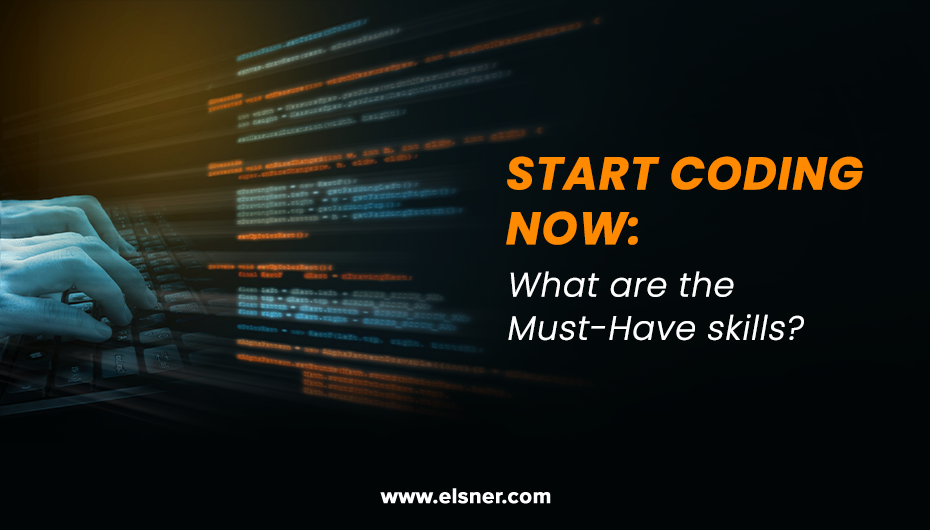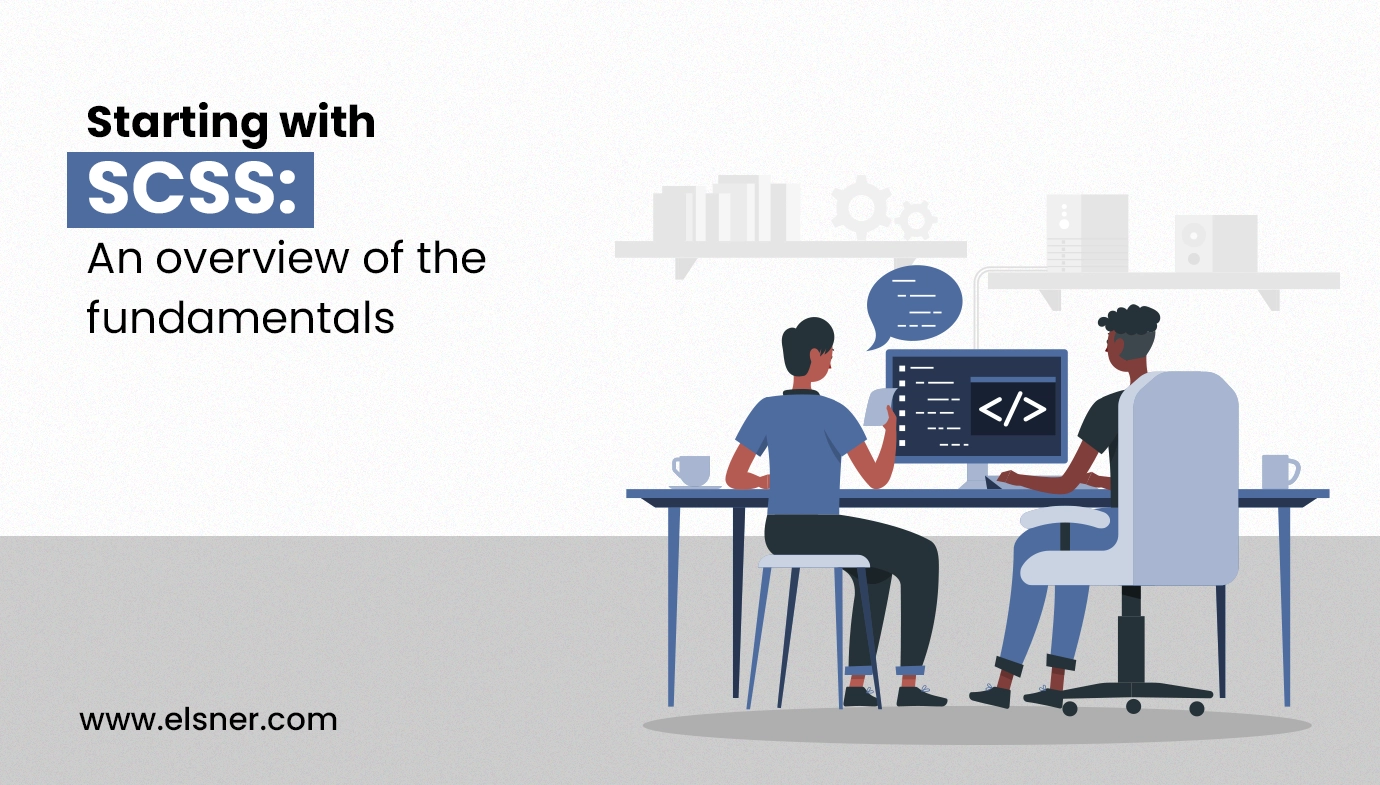One of the first questions you’ll have while starting on your software development journey is, “Where do I begin?”. And, while many places would desirably provide the same combination of technical abilities, I strongly believe that the primary areas you should concentrate on are not technical.
These are some abilities that are never stated in typical job postings. They will definitely help you get your first job or be considered a brilliant developer. Still, because they are not technical talents that can be added to your resume, many new developers skip them.
These are passive skills. You won’t have to use them actively, but they’ll be there in the back of your mind, assisting you in your daily routine. The most frustrating aspect of them is that there are no online courses or boot camps to assist you in training them.
Soft Talents that you Should be Aware of in Order to Develop:
Patience
Nothing says “I’m a Software Developer” like spending three hours debugging a piece of code to discover that the issue was missing “,” somewhere in the middle. You’ll go through this a lot, and it’s not a sign of “Juniority” or a lack of experience; I go through it occasionally.
Understanding someone else’s code, researching how to solve a problem, writing code, and getting it to function takes time and effort. Patience isn’t just a virtue for a developer; it’s a must. Copy and pasting code from the internet only gets you halfway; the rest has to come from you, which takes a lot of trial and error.
Determination
Along with patience, you must recognize that this is not an easy profession. On the contrary, setting the right expectations can help you avoid being frustrated when unpleasant things happen along the way.
The fact is that your chosen career will be riddled with barriers, with issues that, once resolved, will multiply by ten. Bugs can take months to fix, and each of these scenarios can lead to your resignation.
This is why for developers, determination is a must-have talent. You may, of course, build it over time. It isn’t easy to know whether you’re determined enough until you’re faced with a challenging situation, but if you’re already a determined person, someone who is known to not give up on the first try, you’ll do great as a developer.
Communication
This is difficult since a prevalent problem among engineers, especially seasoned ones, is a lack of communication skills.
From the outside, it may appear strange, but we sometimes focus so much on learning how to write logic code that a machine can understand that our soft skills, no matter how minor and undeveloped, wither away.
Machines don’t require people to produce elegant sentences, and they don’t care about synonyms, metaphors, or figured speech. They need clear logic. As a developer, you must also engage with people who, unlike robots, prefer all of these things.
It would help if you communicated with a colleague to ask for help by expressing your problem or solving someone else’s query. You need to convert your “machine-readable syntax” to “human-readable” settings.
Acceptance and Desire to Learn from Criticism
Programming is not a solo occupation; you will have to interact with other developers somehow. Feedback is important in this interaction.
Code review, for example, is a standard process in software development that helps maintain work quality by having a group of developers evaluate someone else’s code.
If you’ve never done it before, it may seem unusual, but it’s a learning experience for both individuals involved if implemented correctly:
- On the reviewing end, the developers examining the code must realize that their goal is to enhance the code by identifying logic errors, missing standards, and even bugs.
- On the receiving end, you must recognize that the feedback you are receiving is not personal. They are placing their years of knowledge at your disposal; you should accept their input, make sure you understand why it is offered, and you will learn a lot.
Feedback is also used in other instances. Sometimes it’s expected, such as performance reviews, and sometimes it’s not, such as when an issue is reported on your open-source project. Receiving improper feedback is always a possibility, and being open to its must.
Surviving negative feedback, especially unexpected, may be difficult if you are not open to learning from it.
An unfavourable piece of feedback has to be received as advice you didn’t ask for. It always contains a nugget of insight, and you must ignore the negative coating to get to the core message and a lesson to be learned.
Final Words
Overall, learning programming is similar to acquiring any other skill. It’s engaging, sometimes challenging, but mostly motivating and fascinating! You’ll most likely notice results far faster than you think. And each lesson you learn brings you one step closer to your ultimate aim. Feel free to reach us!




